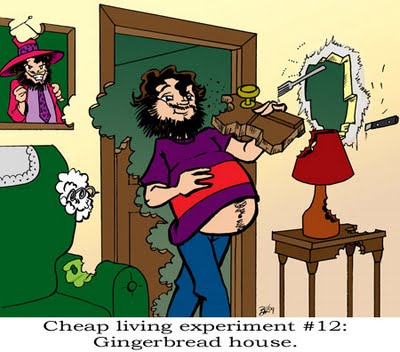Pat,
I know you’re busy, so I won’t take up much of your time. I want to be a writer (Don’t worry, I’m not going to ask you to read anything of mine.)
I was just wondering if you have any advice for new writers. Just one piece would be really helpful…
Love the book,
Becky
Heya Becky,
Over the last few years, I’ve heard this question a lot. It comes up in e-mails and interviews with clockwork regularity.
Despite that, it’s a question I never mind answering. I like giving advice, and I like talking about writing. So this one’s a twofer for me.
That said, my answer tends to change. If I’m reading something that irritates me, my advice might center around how to avoid that particular irritation. Sometimes it just depends on my mood, or what I’m working on in my own revisions.
But I’ve also noticed a slow change in how I think of this question as time goes on. Sometimes my answer centers around the nuts and bolts of the craft: revision, or character, or how to comport yourself professionally at a convention.
But more and more, I tend to answer this question in more practical terms. While these snippets of advice tends to be much more universal and useful that talking about managing POV, interviewers seem to be put off by it.
I’ve come to realize that when an interviewer asks me, “Can you give one piece of advice for new writers?” what they’re really looking for is something pithy and encouraging. They want me to say “Reach for the Stars!” or “Never give up!”
But that’s not really good advice. I mean, you could really hurt your shoulder reaching for the stars. Good advice is occasionally disheartening. “Come to grips with the inevitability of rejection.” Or “Don’t quit your day job.”
Once, I had a lovely 30 minute phone interview that ended roughly like this:
Thanks for the interview, Pat.
My pleasure.
In closing, if you could give one piece of advice to new writers, what would it be?
Live somewhere cheap.
I beg your pardon?
Odds are, it’s going to take you a long time to finish your novel. Then it’s going to take you a long time to break into the publishing world. That means you’re effectively going to be working at a job that will pay you nothing, and you’re going to be doing it for years. So you should live somewhere cheap.
I was thinking something more along the lines of worldbuilding….
If you live somewhere like Seattle or Manhattan or LA, you’re going to have to shell out thousands of dollars just in rent. If you have to work three jobs just to pay your rent, when are you going to find the time to write?
Do you know how I managed to keep working on my first novel for 14 years without starving to death?
Student loans? Some sort of trust fund?
Shit no. I learned how to live cheap. Up until 2005, I never paid more than $225 a month for rent.
Wh– how?
I’m a good bargainer. And I had roommates. And small-town Wisconsin is a cheap place to live.
Also, I lived in some real shitholes from time to time. But you know what? You can write in a shithole. You can’t write when you’re working 70 hours a week.
[chuckles nervously] Well, I think that’s about all the time we have….
Hell, I was so poor for a while I qualified for low-income housing back in 2004. Those places were pretty nice, actually.
Remember to turn in next week, folks. Thanks again, Pat.
Did you know that if you boil a paper shopping bag long enough, it makes something that’s almost like soup?
[Cut to static]
Okay, I made up the part about paper bags, but the rest of it is true.
The nice thing about being a writer is that you can do it pretty much anywhere. If you want to be a Hollywood actor, you have to live in LA. If you want to be a professional pianist or a ballet dancer, your options are pretty limited. But if you want to write, you can live whereverthehell you want.

For example, back in 1994 I lived in a one-bedroom apartment with a shared bathroom down the hallway. The rent was $135 a month, everything included. My friends called the place: “The Pit.”
I was really poor back then. I was working three little part-time jobs and paying my own tuition. I didn’t even have a telephone because the 30 bucks every month for basic service was money I could really use for other things. Like food. You can eat for a month on 30 bucks if you’re careful.
Was the place a shithole? Absolutely. Was it inconvenient not having a phone? Of course. Hell, at one point my parents took out a classified add in the college newspaper because they had no other way to get in touch with me.
But I had time to write.
In fact, I distinctly remember writing Kvothe’s first admissions interview while living there. And his first class with Hemme. I was pretty proud of those scenes, and they didn’t change all that much between there and the final version of the book.
Best of all, living cheaply is a skill that will serve you well *after* you’re a published writer too. Especially if you’re writing Fantasy or Sci-fi. Tobias Buckell did some research into the advances a new writer gets for a first novel. And, on average, it’s not a ton of money.
So there you go, Becky. My advice for a new writer. Live somewhere cheap. Sorry if it’s not the gem of wisdom you were looking for, but really, what would you do with a gem of wisdom anyway? This is more like a muffin of wisdom. Everyone likes muffins.
Later all,
pat

73 Comments